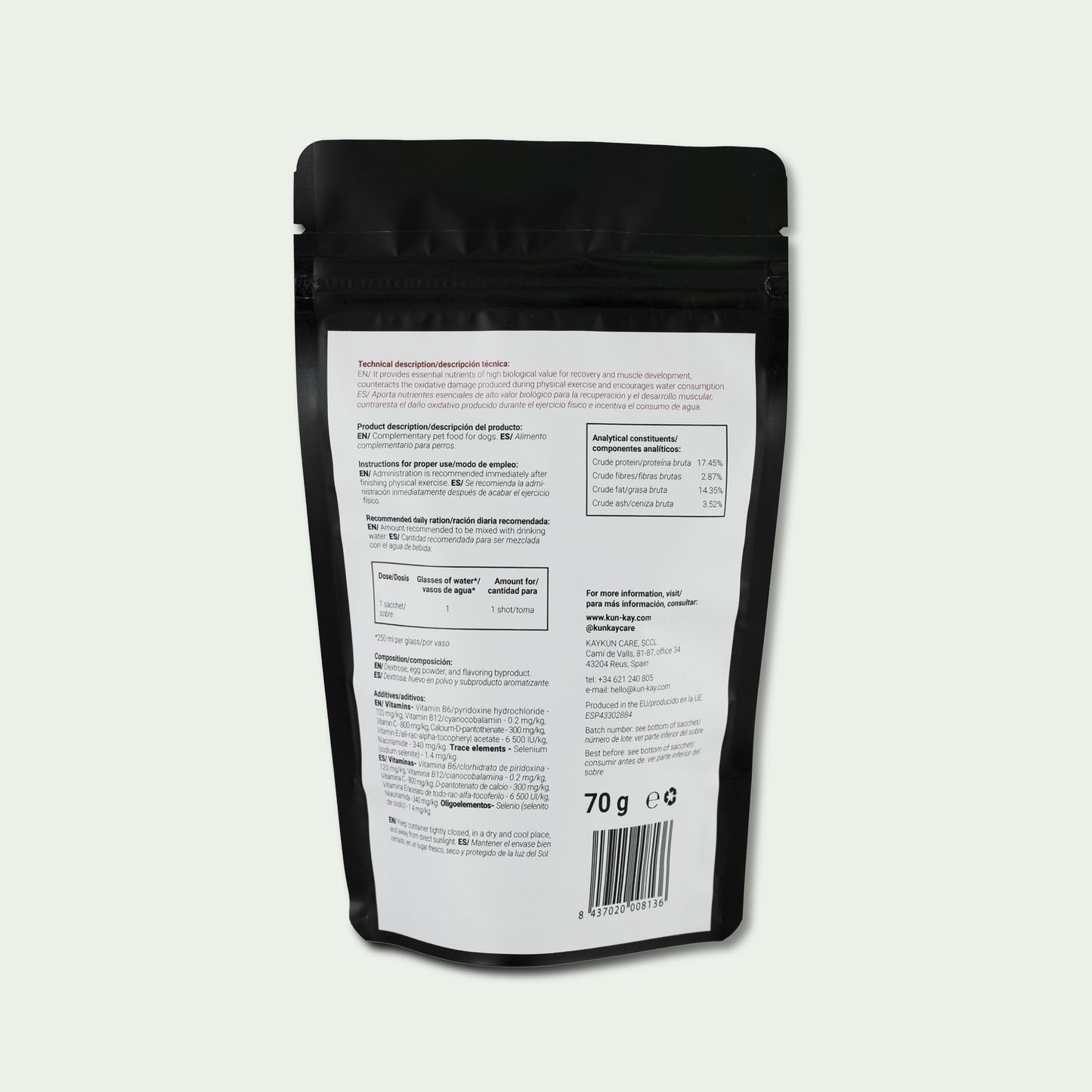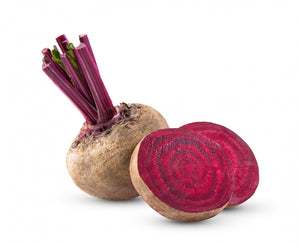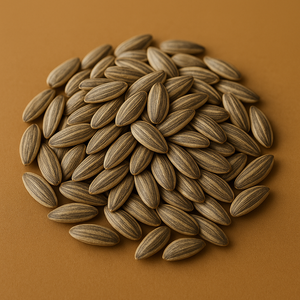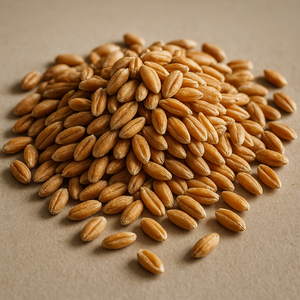Sportkun Finish 5 pcs. of 70 g
Sportkun Finish 5 pcs. of 70 g
- Ayuda a una óptima recuperación muscular
- Corrige alteraciones metabólicas post-entrenamiento
- Contribuye a mejorar el rendimiento deportivo en entrenos y competiciones
 Natural products
Natural products
 Prioritize the health of your furry family
Prioritize the health of your furry family
 Improve their quality of life
Improve their quality of life
With Sportkun Finish your furry friend gets optimal muscle recovery, counteracts post-exercise metabolic alterations, improves sports performance in training and competitions and stays always ready to give it their all.




What does your furry friend get with Sportkun Finish?
The nutritional supplement Sportkun Finish guarantees proper recovery after your dog’s physical exercise. This supplement is ideal for sporty dogs that engage in intermediate or endurance exercise such as canicross, bikejoring, agility, or mushing, as well as for working dogs. It is the go-to supplement to promote your dog’s muscle recovery after exercise and improve sports performance during early season training and competitions!
Why choose Sportkun Finish?
Thanks to its active ingredients, it supports optimal muscle recovery and counteracts metabolic disturbances caused by physical exercise, keeping your dog always ready to give it their all with you!
Collapsible content

Composition
Ingredients
Analytical Components
How is it administered?
Recommended amount to be mixed with drinking water:
| Dosage | Glasses of water* | Package duration |
|---|---|---|
| 1 sachet | 1 | 1 sachet = 1 serving = 1 training or competition |
| Pack of 5 sachets = 5 servings = 5 trainings or competitions |
*250 ml per glass
Administration is recommended immediately after finishing physical exercise. Also, by mixing it with the drinking water, it helps the animal’s rehydration!
For animals under 10 kg, it is recommended to reduce the dose by half (1/2 sachet in 1/2 glass of water).

Express Shipping

Secure Payments

Customer Service

Excellent quality
How do their active ingredients work?

Branched-Chain Amino Acids
Physical activity increases the animal's protein needs due to an increase in the synthesis of structural and functional proteins, as well as an increase in tissue catabolism. Branched-chain amino acids (leucine, isoleucine, valine) are "essential" and, therefore, must be replaced through food. Supplementation with branched-chain amino acids decreases exercise-induced protein degradation and the release of muscle enzymes (indicators of muscle damage). Thus, supplementation with branched-chain amino acids during intense training helps increase lean muscle mass.

Glucose
The transport of tryptophan across the blood-brain barrier depends on the plasma concentrations of tryptophan and other large neutral amino acids (LNAA; tyrosine, phenylalanine, leucine, isoleucine, and valine), as they compete for the same transport mechanism. A high postprandial insulin level in the blood after a carbohydrate load favors the transport of tryptophan to the brain because it mediates the uptake of LNAA into muscle but not tryptophan, which is largely bound to plasma albumin, increasing the tryptophan/LNAA ratio in the blood and favoring its transport into the brain.

Vitamin E
Inflammation generates a large amount of free radicals, which in turn accelerate the inflammatory process. Vitamin E is one of the most effective antioxidants to protect the oxidation of polyunsaturated fatty acids that make up cell membranes. It prevents lipid oxidation by eliminating peroxyl radicals before they can react with fatty acids or proteins of adjacent cell membranes.

Vitamin C
It is the most potent reducing agent available to cells. Vitamin C regenerates the enzyme glutathione, neutralizes free radicals both intra- and extracellularly, and protects against free radical-mediated protein inactivation associated with oxidative neutrophil rupture.

Selenium
It acts as a cofactor of glutathione peroxidase, an antioxidant enzyme that protects tissues against oxidative stress by catalyzing the reduction of hydrogen peroxides and organic hydroperoxides and by regenerating vitamin E.

Vitamin B3, B5, B6 and B12
A high level of physical activity increases the requirements for all B vitamins. Many of them act as cofactors in key enzymes of energy-generating pathways, as well as in the process of tissue synthesis and repair caused by exercise. In addition, physical work accelerates the excretion of water-soluble vitamins, such as B vitamins, due to the increased turnover of total body water.














